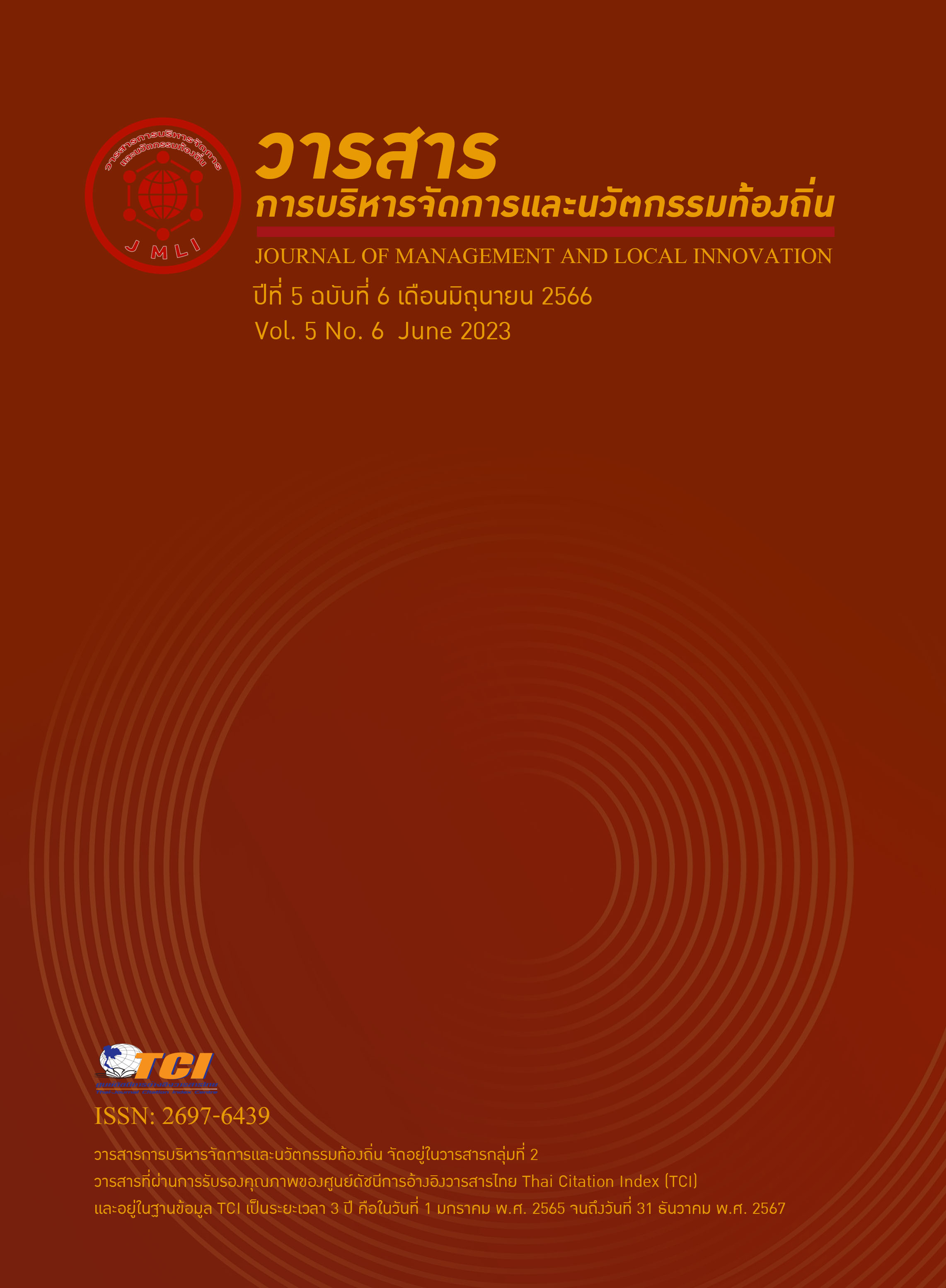Accepting Organic the Academic Institution Educational Opportunity School under Songkhla Primary Educational Service Area Office 3
Keywords:
academic affairs administration, Opportunity SchoolAbstract
This research aimed to 1) study the levels of Academic Institution Educational Opportunity School; 2) compare the Academic Institution Educational Opportunity School, classified by genders, educational level, and work experiences; and 3) compile suggestions about the Academic Institution Educational Opportunity School under Songkhla Primary Educational Service Area Office 3 according to teachers' opinions. The instruments for data collection included the questionnaire, The statistics for data analysis included percentage, mean, S.D., t-test, and F-test. The findings revealed as follows. 1) The Academic Institution Educational Opportunity School under Songkhla Primary Educational Service Area Office 3, it was found that the overall and individual aspects were at a high level ( = 4.38, S.D. = 0.57). 2) the comparison of opinions towards Academic Institution Educational Opportunity School under Songkhla Primary Educational Service Area Office 3, classified by genders, educational level and work experiences, it was found that the overall and each aspect of opinions among teachers with the differences of genders and educational level were not different. However, the overall opinions among teachers with the differences of work experience were significantly different (p .05) 3) Suggestions for academic administration of educational institute administrators, expanding educational opportunities schools according to teachers' opinions. It was found that. (1) Educational institution administrators should improve and develop the curriculum at the learning subject level before using it in actual teaching annually. to check the quality of the course. (2) Focusing on teaching teachers in an active learning style with appropriate activities that differ between learners. (3) Focus on providing education that meets the needs of the community. by requesting cooperation from villagers to pass on knowledge or local wisdom. and (4) Prepare supervision plans and set up supervision calendars within educational institutions continuously. To be used as a guideline for the development of operations to meet the standards of educational institutions.


